Grant-making has been a crucial aspect of Seeds of Native Health’s work to support food research, education, and access and build on localized efforts to solve the issues of Native American nutrition. Seeds of Native Health has partnered with
-

This project will enhance the club’s TRAIL program (Together Raising Awareness for Indian Life), which teaches children ages 8-12 about food sustainability and growth.
-
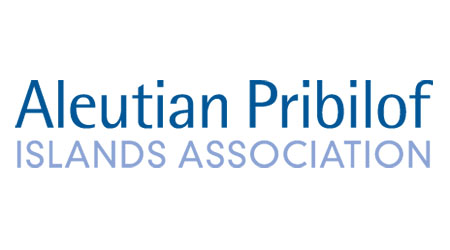
The goal of this project is to enhance existing nutritional curriculum and incorporate culturally relevant content on traditional foods of the region for Unangan (Aleut) children ages three to five.
-
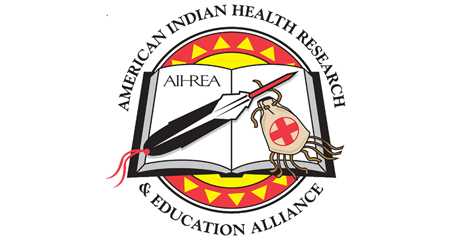
AIHREA will work with the Kickapoo Tribe and Prairie Band Potawatomi Nation communities to develop sustainable action plans that will help address the issues related to childhood obesity and diabetes by using information from health assessments and surveys.
-
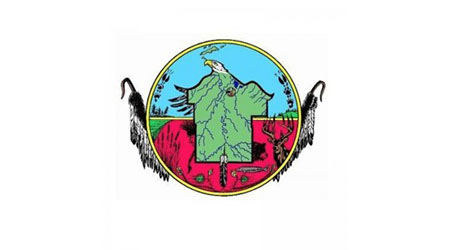
This project will develop and incorporate indigenized fitness activities and ancestral diet practices into after-school and summer programming at the Birch Hill Community House, which serves youth ages 6-17 on the reservation.
-

The tribe will conduct a community food and readiness assessment to gain a deeper understanding of the causes of childhood obesity and type 2 diabetes, and barriers to health among Native American children. It will result in a community-driven and long-term strategic food sovereignty plan.
-

The Bishop Paiute Tribe will work to increase access to traditional and organic foods as they strive to build farm sustainability, hold traditional food workshops, and support the use of local resources and land management.
-
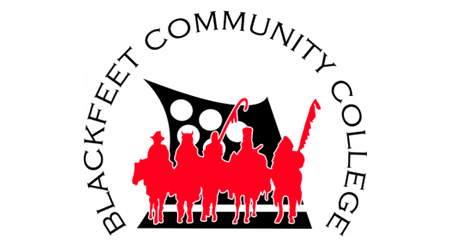
The project will conduct healthy nutrition and assessments of children (ages 2-7) and their parents, and will result in a community action plan to address childhood obesity and Type 2 diabetes among Blackfeet Tribal Nation members.
-
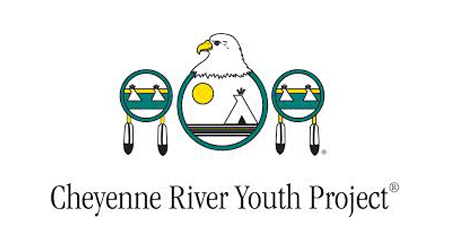
The Learning to Eat Like Our Ancestors project offers classes to youth and their families about traditional foods. The classes are taught by Native food experts and elders.
-
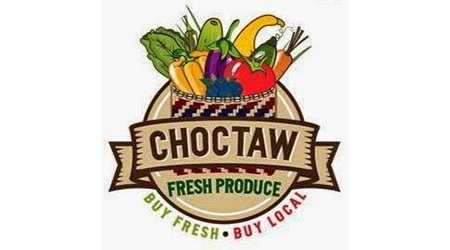
The Choctaw Local Food Ambassador program will hire an ambassador who will maximize the benefits of Choctaw Fresh Produce’s organic food operations for tribal members, particularly youth and low-income members. Activities will include a mobile market, on-reservation sales to tribal programs, community needs surveys, and improving the weekly community donation program.
-
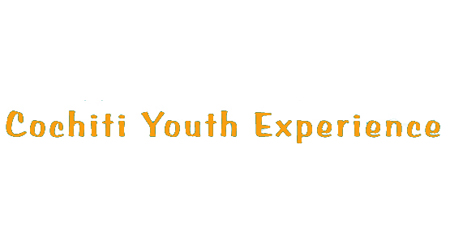
The Hi’Hika Project transfers traditional Cochiti agricultural knowledge from the older generation of Cochiti farmers to the next generation through mentorship.
-
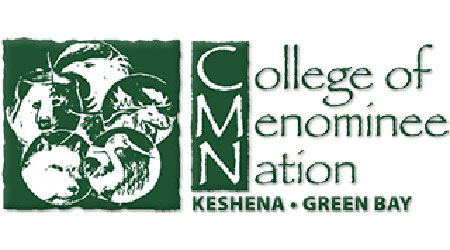
The Strengthening Menominee Health and Native Food System project will provide community members living on the Menominee Reservation and in surrounding areas with food education while improving access to locally produced food.
-
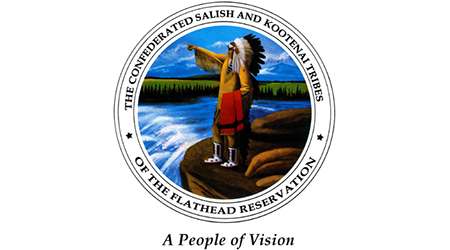
The Healing the Jocka Valley project will increase knowledge of nutrition and health education, provide gardening 101 and healthy cooking activities through monthly classes, and provide opportunities to gather, prepare and preserve traditional Salish foods.
-

Dream of Wild Health provides culturally based year round programming for low-income Twin Cities urban American Indian youth. The American Indian Youth Healthy Leaders Program will focus on increasing children’s knowledge of traditional foods, nutrition, cooking, disease prevention, organic farming, and community advocacy.
-

“Manoomin – The Good Berry” project will work to strengthen local tribal food systems by increasing awareness of and access to traditional Anishanaabe food knowledge, recipes, and local tribal wild rice harvesters for 11 tribal communities.
-
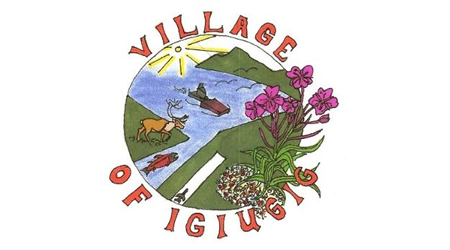
This 69-person village will use the grant to increase food security through greenhouse-grown, fresh produce, train local residents to preserve the food throughout the year, and promote youth entrepreneurial opportunities through a traditional food stand.
-
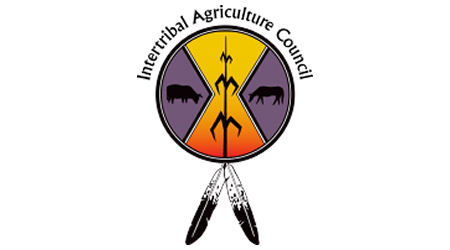
Since 1987, the Intertribal Agriculture Council has worked to promote the conservation, development and use of agricultural resources for the betterment of Native people. The Council received a Seeds of Native Health grant to implement a tribally supported agriculture project to improve access to healthy and traditional foods in the Great Lakes Region.
-
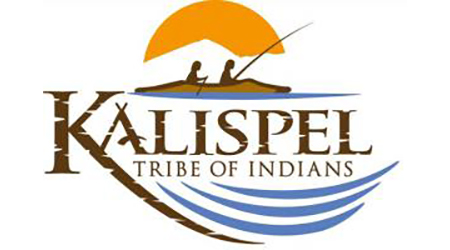
The Kalispel Family Gardens project will increase food security by increasing the number of family gardens and providing gardening support to community members.
-
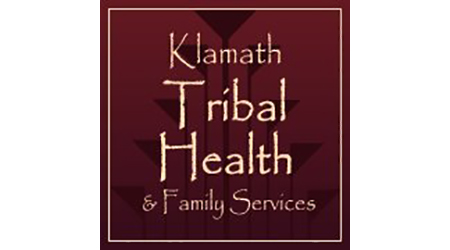
The Chiloquin Community Kitchen project will increase access to healthy food in Chiloquin, Oregon, where many Klamath tribal members live.
-
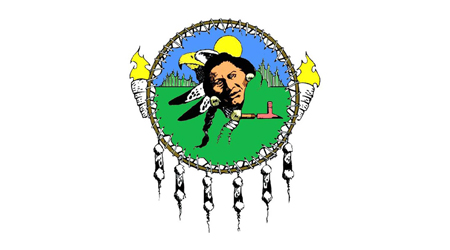
Grammas in the Garden teaches students how to prevent childhood obesity and type 2 diabetes as they cook with elders. As a part of the grant, the program will create a cookbook with healthy traditional recipes and a documentary about the project.
-
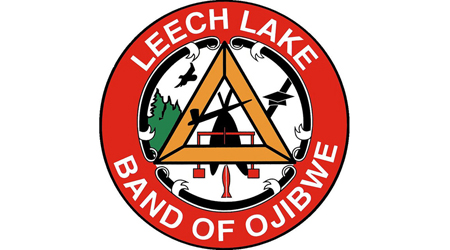
The Leech Lake Band of Ojibwe will use this grant to create a community garden at its tribal school that will focus on healthy and local meal choices. The tribe will purchase and develop a greenhouse and garden beds for students and community members to cultivate traditional crops and conduct classroom lessons, workshops, trainings, and other activities aimed at developing a holistic approach to wellness.
-
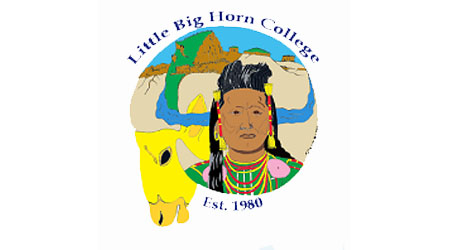
Through educational workshops and trainings, Montana’s Little Big Horn College will utilize its grant to increase knowledge of and access to fresh produce through gardening. Beginning on the Little Big Horn campus, this project will also promote health through the exercise of gardening and by building respect for growing one’s own food.
-
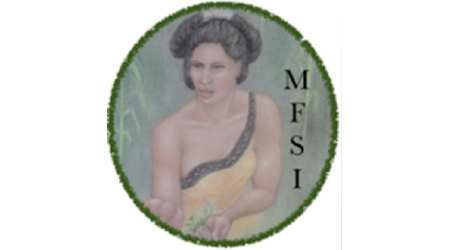
The Mvskoke Food Sovereignty Initiative will provide classes on farming and gardening to help community members learn how to grow on their own land and help their neighbors do the same. Overall, this project will promote healthy eating and sustainable food sovereignty.
-
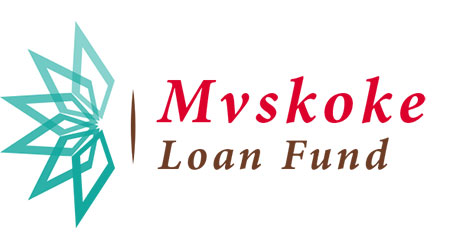
The Muscogee Creek Nation Food Safety and Accessibility project will standardize food safety practices on existing tribally owned farm and ranching operations in order to increase production and support local food volume requirements.
-
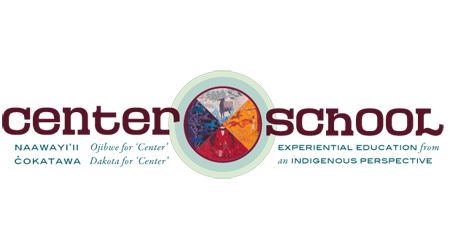
Nawayee Center School will promote healthy living practices through its Health Choice Program for students in grades 7-12. Activities include planting a community garden, harvesting wild rice, netting and smoking fish, and gathering wild foods and traditional medicines.
-
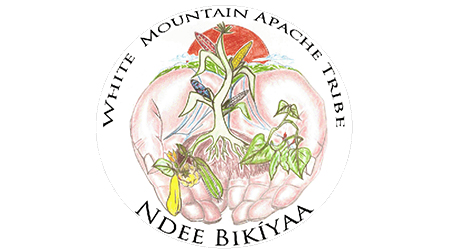
The goal of this farm-to-school project is to increase White Mountain Apache youth’s access to Ndee Bikiyaa, The People’s Farm, and its food produce by incorporating the farm into existing educational and engagement programming at the local junior high school.
-
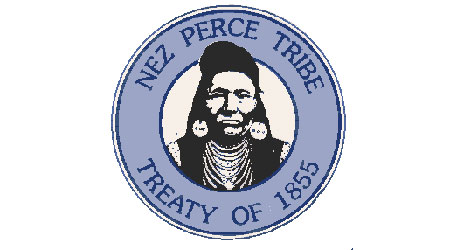
The Nez Perce Tribe will promote good health, diet and exercise through community gardening. They will also build a smokehouse and pavilion in the existing community garden that will be dedicated to processing local food.
-

The Nooksack Seeds of Health project will establish a local community garden for the Nooksack Indian tribe and people. The project supports public health goals by focusing on nutritional education classes to increase individual knowledge of food choices.
-
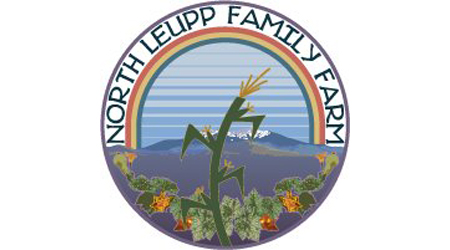
Established in 1976, the North Leupp Family Farm (NLFF) is a Diné-community owned and operated farm in the southwestern portion of the Navajo Nation, where there is little access to food. With the Seeds of Native Health grant, NLFF will purchase fresh produce from family farmers so it can be stored, processed, marketed and distributed to the food markets, schools, restaurants, elder centers, and other places.
-

The Tribal Food Purity project will respond to the concerns of the Northern California Tribal Court Coalition (NCTCC) member tribes over unregulated chemical pesticides on and around tribal lands. NCTCC will draft legislation limiting the release of chemical toxins to safeguard the health and well-being of children, elders, mothers, and vulnerable individuals.
-
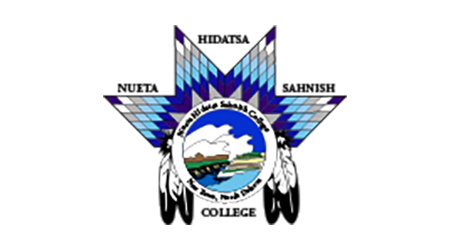
The Nueta Hidatsa Sahnish College Full Circle Nutrition Program project is a “garden to plate” program that will improve students’ cultural connection to food, nutrition, skills and education – and prepare them to disseminate what they learn to the larger community.
-
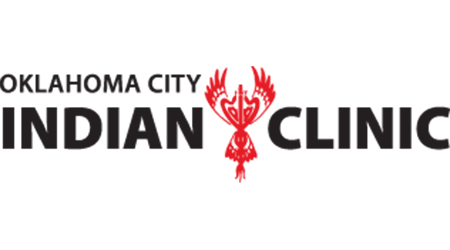
This project will allow the Oklahoma City Indian Clinic to hire a data analysist, who will utilize program data management and analysis to help guide priorities and measure outcomes. The project’s focus is on reducing the consumption of sugar-sweetened beverages and screen time of American Indian children ages 6-17.
-
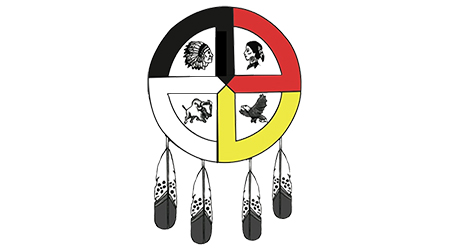
The Medicine Root Gardening program provides American Indian youth and families with direct access to fresh, healthy, locally grown foods and entrepreneurial opportunity within the Medicine Root District on the Pine Ridge Reservation.
-

The Oyate Teca Project’s Medicine Root Gardening program will teach healthy eating and cooking skills, and increase the availability of fresh, healthy, locally produced foods grown by youth and their families.
-

The Painted Desert Demonstration Project will engage Navajo students in growing, processing, cooking and serving meals to the community by constructing a greenhouse adjacent to the community kitchen. The students will also create recipes for the locally grown foods and explore entrepreneurial opportunities with the produce.
-

The Pueblo of Nambé plans to utilize its grant by continuing to teach the Indigenous traditional knowledge of farming and agriculture. The Pueblo will hire two farm technicians to help expand the production of fresh produce and coordinate upgrades in equipment and irrigation to suit the expansion.
-
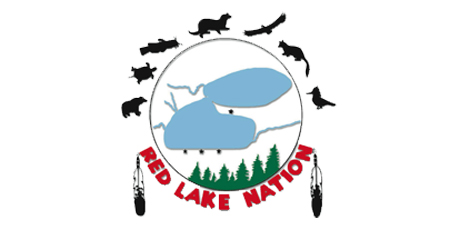
The Red Lake Band plans to improve nutrition on the reservation and stimulate the local food economy by coordinating a pre-diabetes program and enrolling participants in 16-week educational trainings.
-

The Red Lake Nation will conduct a community food/health assessment to measure food production, consumption, and lifestyle activity trends and develop an action plan to create a local, healthy, community-based food system.
-
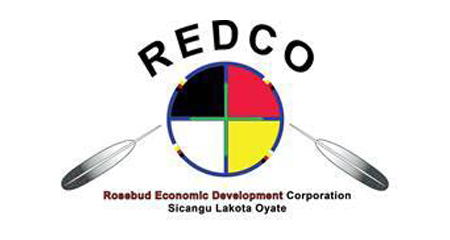
The Rosebud Economic Development Corporation will conduct a reservation-wide food sovereignty assessment and utilize other outreach mechanisms to gather input from tribal citizens regarding the relationship of food to health.
-

The goal of this project is to strengthen the existing Healthy Eating and Active Living (HEAL) program to create a holistic approach incorporating nutrition education, agricultural practices, and cultural knowledge.
-
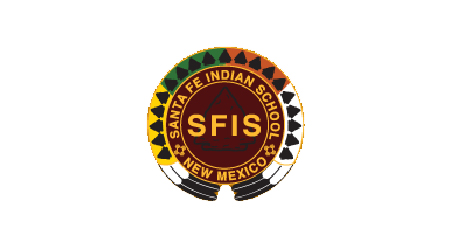
This project enables the student health and wellness leadership team to gather BMI data and other health indicator measurements to develop an action plan to help encourage their peers to adopt activities to support health and wellness.
-

Established in 2005, this organization’s sole mission is to positively affect the impact diabetes has on Senecas of all ages. With help from a Seeds of Native Health grant, the White Corn Project will work to restore Native plant usage by focusing on the cultivation, processing and distribution of white corn to the Seneca Nation through the use of farmers markets.
-
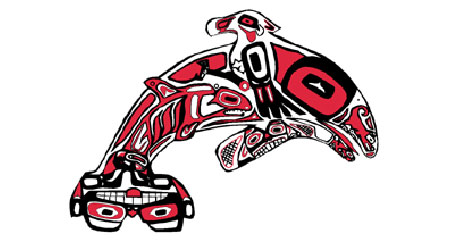
The Squaxin Community Garden project will help the Squaxin Island Tribe develop a community garden to sustainably improve food security and health outcomes for the tribal community. Supportive programming will provide nutrition, food preparation, and preservation education to the community.
-
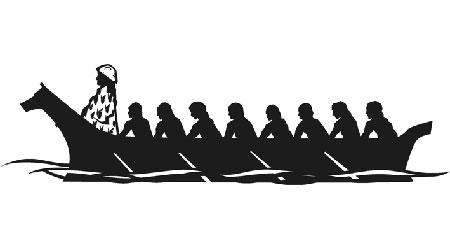
The Suquamish Tribe plans to utilize its grant to assist in building five smokehouses where youth will learn traditional skills to feed themselves and their families. The tribe also plans to develop a culturally based curriculum for tribal schools and conduct creative outreach for nutritional education.
-

The goal of the Lakȟótiya Škíŋčiyapi project is to increase health and wellness among K-12 students to decrease high levels of obesity and childhood type 2 diabetes. Students will be taught a health and wellness curriculum and get hands-on experience producing food at a community garden.
-

Through this new food sovereignty initiative, the Oglala Nation will coordinate a Lakota Food Sovereignty Coalition, continue a successful community garden program, and launch community education workshops targeting families and youth. Its hope is to encourage the development of a sustainable agriculture demonstration farm and an aquaponics greenhouse.
-
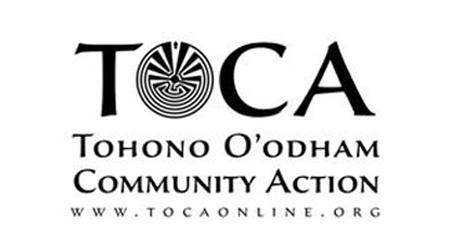
Project Oidag incorporates health, culture and nutrition curriculum for K-12 students at local schools and organizes public cultural events.
-
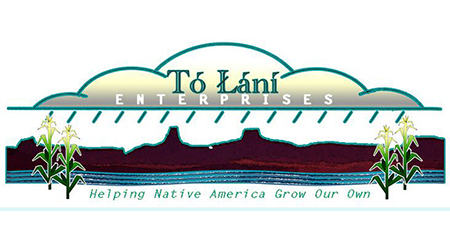
As it works to cultivate healthy Navajo lifeways in the Little Colorado River Valley, Tolani Lake Enterprises will use this grant to strengthen an after-school youth program that offers sports, a gardening program, and other activities.
-

In collaboration with the University of Arizona Center for American Indian Resilience, the Tucson Indian Center will conduct a community health assessment and implement community planning activities to create an action plan that will be used for long-term planning to address childhood obesity and Type 2 diabetes.
-
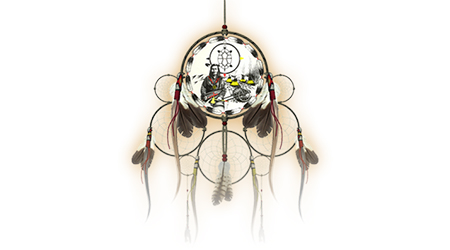
This project will promote traditional foods and healthy nutrition education to elementary, middle and high school students.
-

The Urban Native Education Alliance will discuss nutrition and healthy food knowledge and access with Native youth and conduct a community health needs assessment.
-
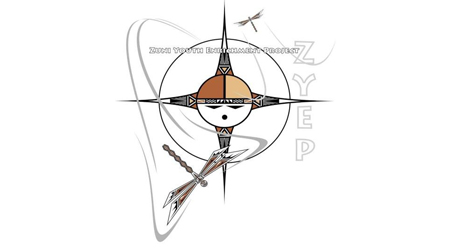
The Zuni Youth Enrichment Project is a community-based organization serving children and youth in the Pueblo of Zuni. With the help of a Seeds of Native Health grant, this project will promote small-scale local agriculture, improve the local food system, and facilitate intergenerational education by constructing an outdoor learning space and farmers market area.
